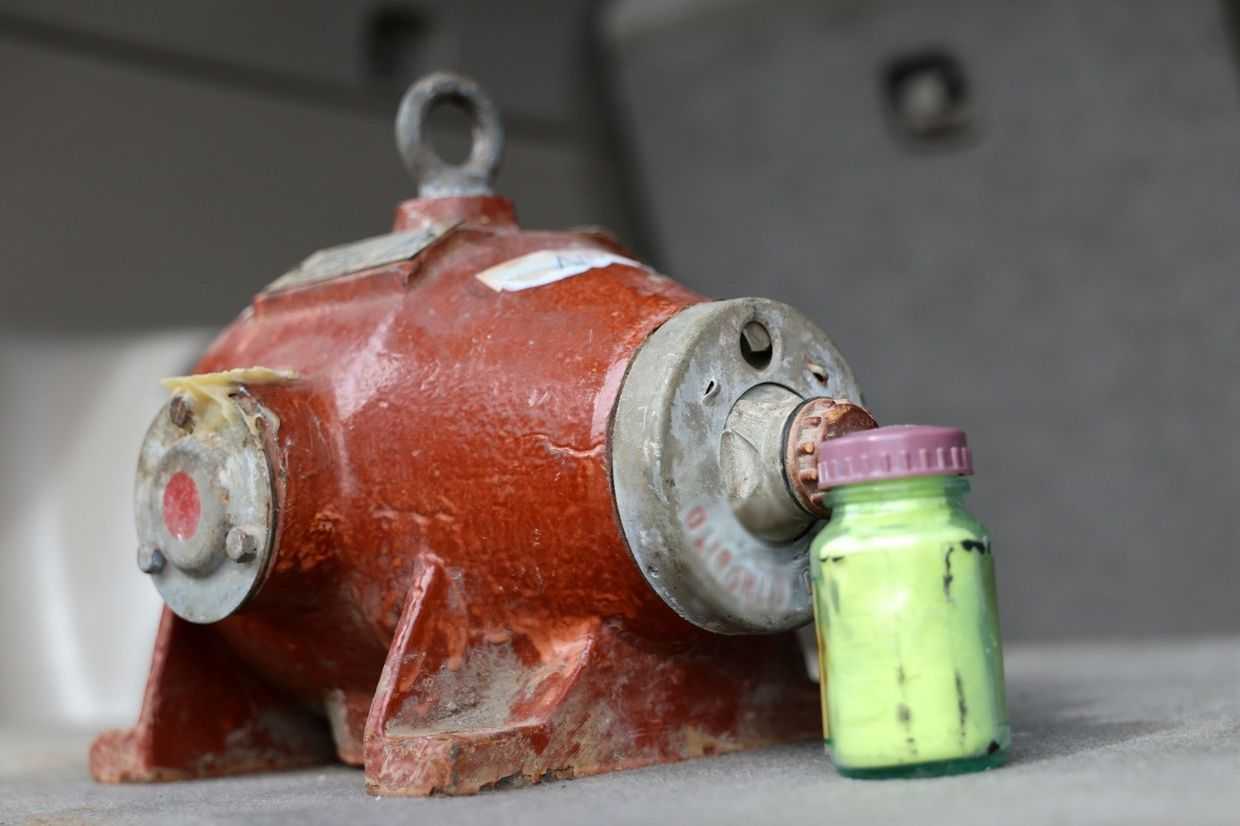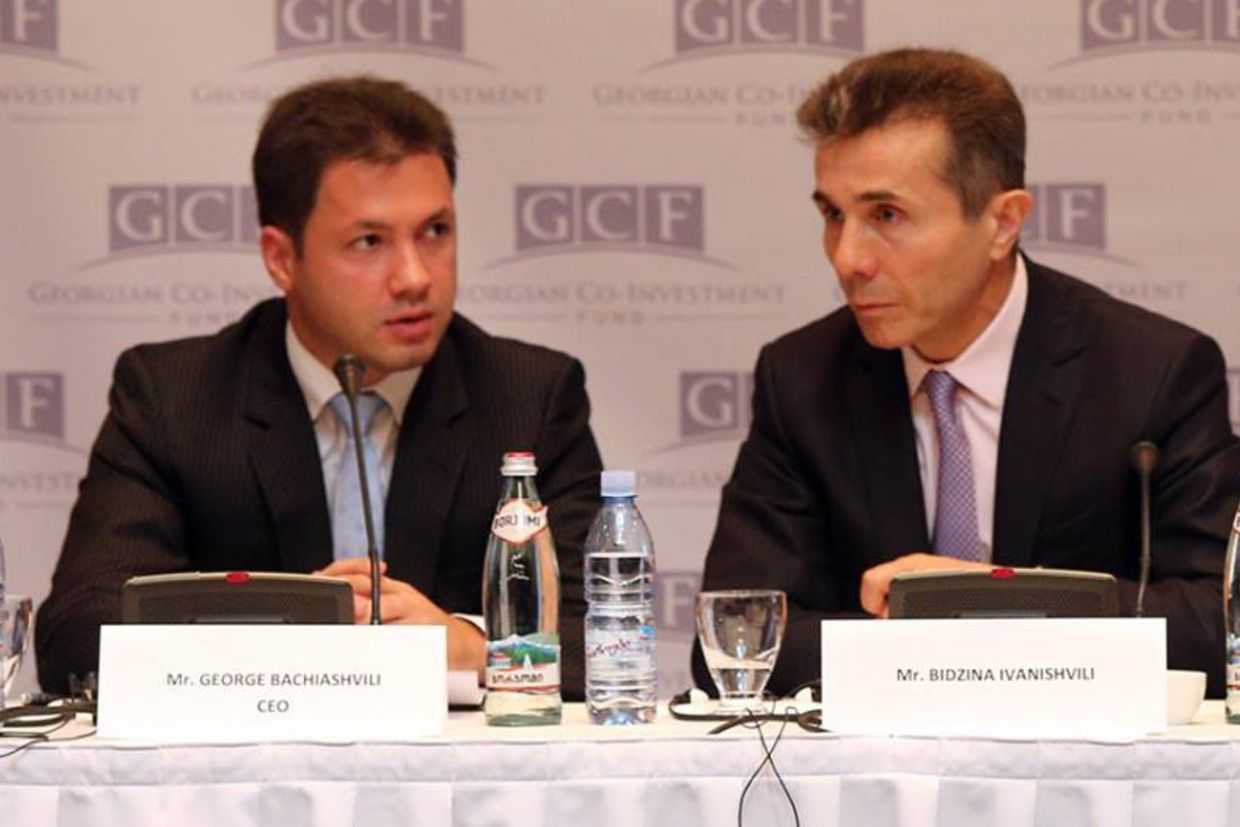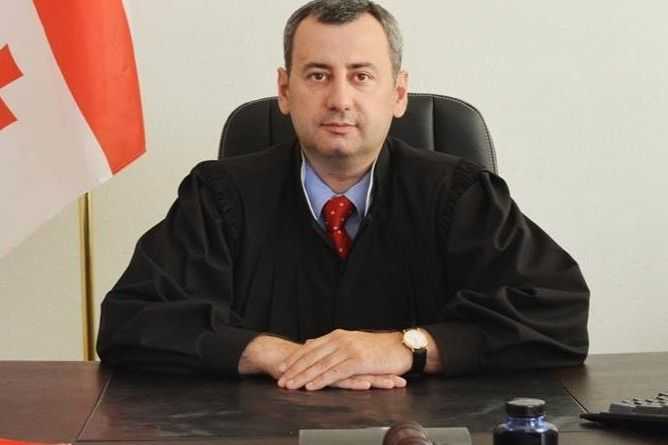
Georgia’s Minister of Culture has appointed an MP from the ruling party as the new director of the Writers’ House of Georgia, a state-supported but historically independent literary association.
Thursday’s announcement that Ketevan Dumbadze would be taking on the role was met with criticism from writers and other cultural figures, who accused the ruling Georgian Dream party of attempting to exert control and pressure in Georgia’s cultural spheres.
‘Georgian Dream have just added another headquarters to their party offices’, stated prominent Georgian writer Lasha Bughadze on Thursday.
Dumbadze, who has a background in literary translation, publishing, and journalism, has been the deputy chair of the Parliamentary Committee for Culture since March 2021, rarely making any political waves during her tenure. She is expected to assume the role on 4 September after stepping down as an MP.
Other Georgian writers also greeted the news with resentment, alleging that the new head of the organisation was being installed by the ruling political party to subdue and censor Georgian literary life, and quash any political criticism.
Despite being an entity financed and overseen by the ministry, the Writers’ House, established in the early 20th century, was long considered to contrast with the Union of Writers, an institution that was under the tight control of the Soviet government.
The Union of Writers was for decades the only available route to publication and employment for writers, preventing writers from reaching an audience if their ideas did not cohere with the ruling ideology. Dumbadze herself worked at the Union of Writers for 10 years from 1983.
‘Disobedience against Soviet policy’
A statement protesting Dumbadze’s appointment, signed by over 80 Georgian publishers, translators, and writers — including popular writer Tamta Melashvili and poet Paata Shamugia — was published hours after Culture Minister Tea Tsulukiani’s announcement.
The signatories declared ‘disobedience’ against what they described as the ‘undemocratic’ and ‘Soviet’ policy of the Ministry of Culture under its current leadership.
‘Another healthy cultural space has been bricked up. Here comes an epoch of kotsi-realism in Georgian literature!’, complained Georgian writer Zviad Ratiani, alluding to socialist realism, the official state style of the Soviet Union for much of the 20th century. ‘Kotsi’ is a pejorative term for members and supporters of Georgian Dream, based on the party’s name in Georgian: Kartuli Otsneba.
In 2019, the Ministry of Culture, then headed by Mikheil Batiashvili, faced similar protests after announcing a merger between the Writers’ House and the National Book Centre, a sub-entity of the Writers’ House, which critics took as an abolition of the latter. After the public outcry, now-outgoing Writers’ House director Nata Lomouri secured her four-year tenure. Lomouri’s term is to be terminated a month before it would expire.
At the time, writers including Lasha Bughadze claimed the move was meant as retaliation against writers who had supported fellow author Zviad Ratiani. In late 2017, Ratiani claimed he had been a victim of police brutality and unlawful arrest, prompting writers to publish statements expressing support for Ratiani and condemnation of the ruling party.
Critics of Dumbadze also highlighted her support for her party’s bill in March that aimed to label civil society groups in Georgia as ‘agents of foreign influence’. Protesters dubbed the draft legislation a ‘Russian law’, a reference to regulations that have substantially curtailed the activities and legal standing of civil society groups in Russia.
‘We will not accept a new director who went against the public and supported the “Russian law”. We don’t accept a literary world [run] using Soviet methods and intrusion’, the statement read.
In response to criticism, Dumbadze promised freedom of creative expression in the Writers’ House, rejecting any fears of the party line being pushed under her leadership.
‘A dangerous takeover’
The Writers’ House has a recent history of conflict with the government, not least with Culture Minister Tea Tsulukiani. In 2021, she faced backlash after including a representative of the ministry on the jury of Litera, a literary competition run by the Writers’ House.
After almost all participants and other jury members withdrew in protest, the competition was cancelled.
[Read more: Georgia literary competition cancelled after intervention from culture minister]
The United National Movement (UNM), the largest opposition group in parliament, called the appointment a ‘dangerous takeover of cultural institutions’ by the ruling party.
UNM MP Tina Bokuchava similarly alleged that the ruling party’s founder, Bidzina Ivanishvili, was attempting to have ‘complete, absolute, and unconditional control of all state and public spheres’, including culture.
Tea Tsulukiani, who is also a Deputy Prime Minister, is amongst the ruling party’s longest-serving members, having occupied various government positions since Georgian Dream came into power in 2012.
In recent years, Tsulukiani has faced frequent condemnation for firing government critics from the organisations under the purview of her ministry. A number of court rulings regarding such cases found that the termination of public servants’ contracts was unlawful.
[Read more on OC Media: Georgian Culture Ministry loses wrongful dismissal lawsuits]









